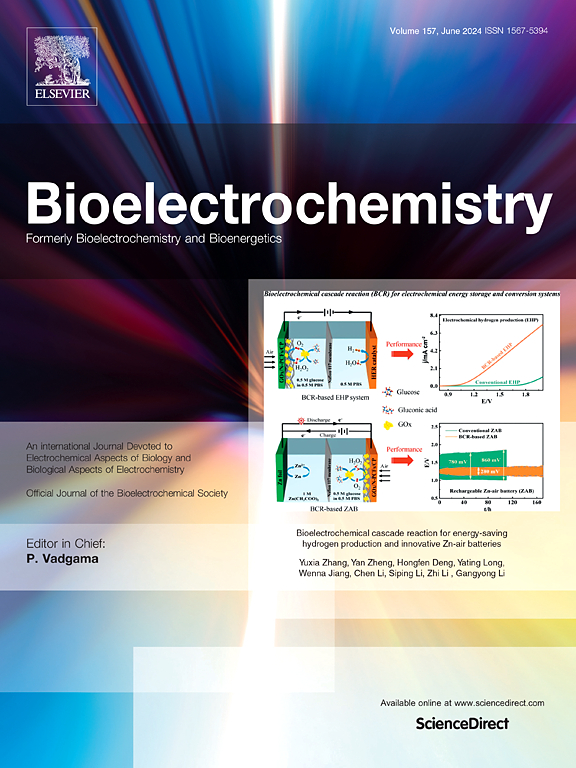从细胞内传感器到系统恢复力:重新构建压力生物学
IF 3.6
2区 医学
Q1 NEUROSCIENCES
引用次数: 0
摘要
慢性应激和创伤的生物学后果是复杂的,影响多个系统,并有助于精神疾病的发展,如重度抑郁症和创伤后应激障碍。然而,在某些个体中赋予易感性而在另一些个体中赋予弹性的潜在分子机制仍然不完全清楚。为了帮助缩小这些知识差距,我的工作集中在糖皮质激素信号作为压力相关适应的核心机制上。这包括糖皮质激素受体(GR),其共同伴侣FKBP5和FKBP4,以及调控伙伴如SKA2。通过基因、病毒、药理学和转录组学方法的结合,我的实验室已经描绘了这些分子如何影响HPA轴反馈、恐惧相关的学习和压力恢复。最近,我们发现了SKA2在调节分泌性自噬中的一种新的、不依赖于gr的作用,这是一种参与小胶质细胞囊泡货物释放的非溶解性自噬途径,包括细胞因子的分泌。这些发现建立了细胞内应激信号和神经炎症反应之间的机制联系。在平行研究中,我们正在研究慢性压力如何改变肠道微生物组的组成和功能,以及这些变化如何影响行为。我们的目标是利用饮食和益生菌干预来恢复体内平衡和增强应激恢复能力。通过将分子神经科学与免疫和微生物组研究相结合,我的长期目标是建立一个全面的、系统级的压力脆弱性和恢复力模型。这种方法有望确定新的生物标志物和治疗靶点,以支持整个生命周期的心理健康和恢复能力。本文章由计算机程序翻译,如有差异,请以英文原文为准。
From intracellular sensors to systemic resilience: Reframing the biology of stress
The biological consequences of chronic stress and trauma are complex, influencing multiple systems and contributing to the development of psychiatric disorders such as MDD and PTSD. Yet, the underlying molecular mechanisms that confer susceptibility in some individuals but resilience in others remain incompletely understood. To help close these knowledge gaps, my work centers on glucocorticoid signaling as a core mechanism underlying stress-related adaptations. This includes the glucocorticoid receptor (GR), its co-chaperones FKBP5 and FKBP4, and regulatory partners such as SKA2. Through a combination of genetic, viral, pharmacological, and transcriptomic approaches, my lab has delineated how these molecules influence HPA axis feedback, fear-related learning, and stress recovery. Recently, we identified a novel, GR-independent role for SKA2 in regulating secretory autophagy, a non-lytic autophagy pathway involved in vesicular cargo release, including cytokine secretion in microglia. These findings established a mechanistic link between intracellular stress signaling and neuroinflammatory responses. In a parallel line of research, we are investigating how chronic stress alters the gut microbiome composition and function, and how these changes impact behavior. Our aim is to harness dietary and probiotic interventions to restore homeostatic balance and enhance stress resilience. By integrating molecular neuroscience with immune and microbiome research, my long-term goal is to build a comprehensive, systems-level model of stress vulnerability and resilience. This approach holds promise for identifying novel biomarkers and therapeutic targets that support mental health and resilience across the lifespan.
求助全文
通过发布文献求助,成功后即可免费获取论文全文。
去求助
来源期刊

Neurobiology of Stress
Biochemistry, Genetics and Molecular Biology-Biochemistry
CiteScore
9.40
自引率
4.00%
发文量
74
审稿时长
48 days
期刊介绍:
Neurobiology of Stress is a multidisciplinary journal for the publication of original research and review articles on basic, translational and clinical research into stress and related disorders. It will focus on the impact of stress on the brain from cellular to behavioral functions and stress-related neuropsychiatric disorders (such as depression, trauma and anxiety). The translation of basic research findings into real-world applications will be a key aim of the journal.
Basic, translational and clinical research on the following topics as they relate to stress will be covered:
Molecular substrates and cell signaling,
Genetics and epigenetics,
Stress circuitry,
Structural and physiological plasticity,
Developmental Aspects,
Laboratory models of stress,
Neuroinflammation and pathology,
Memory and Cognition,
Motivational Processes,
Fear and Anxiety,
Stress-related neuropsychiatric disorders (including depression, PTSD, substance abuse),
Neuropsychopharmacology.
 求助内容:
求助内容: 应助结果提醒方式:
应助结果提醒方式:


